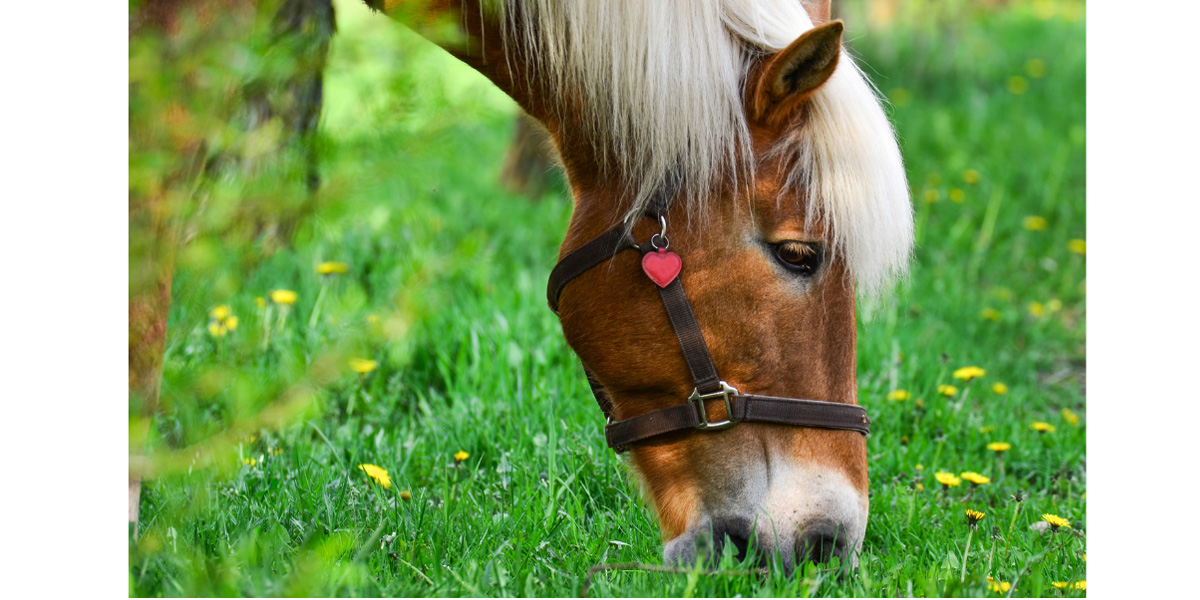Maintaining Your Horse's Digestive Health
Doctor of Veterinary Medicine

While efforts are made to answer all questions as quickly as possible, if an immediate answer is required or if your pet is in need of urgent or emergency care, contact your pet's veterinarian immediately.
Doctor of Veterinary Medicine

You will receive an answer from Dr. Lindsay and our vet/tech team as soon as possible, usually the same day.
All answers are provided for informational or educational purposes only, and are intended to be a supplement to, and not a substitute for, the expertise and professional judgment of your pet's veterinarian.
It may be necessary to consult your pet's veterinarian regarding the applicability of any opinions or recommendations with respect to your pet's symptoms or medical condition.
CloseDoctor of Veterinary Medicine

An error has occurred, please reload the page and try again.
CloseWhile efforts are made to answer all questions as quickly as possible, if an immediate answer is required or if your pet is in need of urgent or emergency care, contact your pet's veterinarian immediately.
There is no answer related to your question

Many horse owners feed their horses grains and fats. But did you know that horses are designed to eat grass and sometimes have trouble digesting the grains and fats fed to them? If your horse has digestive upset (diarrhea) or bloating, digestive enzymes may help. Evaluating your horse's diet is also a good idea. A horse's diet should consist of pasture, hay, and water to avoid potential digestive upsets. Always consult with your veterinarian to determine the root cause of your horse's digestive problems.
Give your horse a digestive aid
Digestive enzymes can help your horse digest grains and fats. Fast Balance-G.I. is an easy-to-administer digestion aid that helps your horse with various gastrointestinal issues, including diarrhea and garbage gut, or issues related to stress, age, or food sensitivities. It is especially beneficial for older horses that need more digestive support. This product has no known side effects, but you should always contact your veterinarian if your horse's symptoms do not improve. Additionally, make sure you do not exceed the recommended dosage, as this can worsen your horse's intestinal problems.
Monitor your horse's diet
Did you know that horses cannot vomit? The strong muscle at the junction of a horse's esophagus and stomach makes it physically impossible for a horse to vomit. This means that if a horse ingests a harmful food item, he will not be able to expel it from his body. If you suspect your horse has eaten a dangerous substance, contact your veterinarian immediately.
Do not supplement your horse's diet with digestive enzymes if he or she has a healthy weight and doesn't have digestive upsets, as this can create problems that didn't exist previously.
 Swipe
Swipe





















